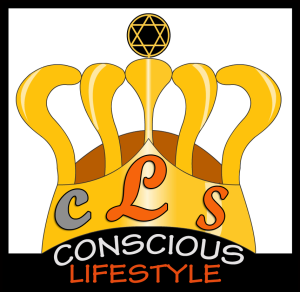Blog
The three elements of the soul – nefesh, ruach and neshamah
- September 17, 2012
- Posted by: admin
- Category: Uncategorized

The Jewish Kabbalah posits that the human soul has three elements, the nefesh, ru’ach, and neshamah.
The “nefesh” is found in all humans, and enters the physical body at birth.
It is the source of one’s physical and psychological nature (some times known as the state of narcissism).
The next two parts of the soul (Neshamah and the Ruach) are not implanted at birth, but can be developed over time;
Their development depends on the moral or immoral actions and beliefs of the individual.
The (Neshamah and Ruach) can only fully exist in people through spiritual awakening, the act of practicing spiritual rituals, Mitzvah and the studying of spiritual concepts.
A common way of explaining the three parts of the soul is as follows:
1: Nefesh (נפש): the lower part, or “animalistic part” of the human soul. It is linked to instincts, energies and bodily cravings of narcissism.
This part of the soul is provided at birth.
2: Ruach (רוח): the middle soul, the “spirit”. It its activated in one’s life via the art of learning and practising the moral virtues of Torah.
The ability to distinguish between good and evil is also stimulated by the Ruach.
Most of the pagan cultures which practises the art of worshiping many deities as gods, this human nature of acommodating the Ruach of God, has been diverted into the pagan act of worshiping many spirits.
The Ruach Comes into existence in one’s life via the acceptance of spiritual concepts, mitzvah, information which contains spiritual ideas and revelations of enlightenment.
To the pagans this can refer to many spirits, but those who worship the God of Abraham, Isaac and Jacob; Ruach is the term used to mean the Holy Spirit of God in man.
3: Neshamah (נשמה): the higher soul, or “super-soul or godly soul“.
Neshamah separates man from all other life-forms, because it’s psychological consciousness is acquired through the frequent act of keeping God’s moral commandments called “Mitzvah” in Hebrew.
,It is related to the intellect which allows man to enjoy and benefit from the afterlife. It allows one to have some awareness of the existence of God’s spiritual presence.
The Neshamah is developed by the act of practicing good deeds (philanonthropic deeds), and the act of keeping God’s commandments that pertains to the spiritual faith of someone’s belief.
Article written by Ap Ngabo Alex
